We often equate the events that occur in our life to the outcomes in cause effect and statements. For example: getting your job eliminated equals, I am not worthy or wanted or not passing my exam equals, I am a failure. However, this is simply not true.
Best-selling author and personal development expert Jack Canfield has studied resilient and successful people for more than four decades. Jack was driven to learn what the difference is between resilient and successful people and those who were not.
The first thing he found was a very strong correlation between resilience and success. Successful people also experience traumatic, tragic, adverse stressful and uncertain events in their lives. The difference is that when they do, they have mechanisms and practices in their life that allow them to respond to these events in more helpful and resourceful ways. In essence they have taught themselves to respond rather than react.

- Reactions are instinctual and stem from the unconscious mind. There’s no filtering process when you react in a situation – you’re running on autopilot or habit. When you react, you do and say things without thinking first and don’t consider the implications of what you do or say – you just act. Reactions are like a puppy who hasn’t been trained. That untrained puppy is going to bark at every dog it sees, jump at every passing neighbor, and then he’ll eat your dinner… as soon as they see it.
- Responses are more thoughtful. Responding is a conscious, deliberate way of acting that engages your prefrontal cortex to do critical thinking and problem solving. When you respond, you first explore in your mind the possible outcomes of your reply before acting. You may weigh the pros and cons and consider what would be best for yourself and others in the situation. Responses are more like the well-trained and well-behaved dog who comes when you call him, barks only when there is a reason to bark, and waits patiently for his treat.
The Question
Would you rather be the type of person who creates a calm and happy environment around you, is able to influence people positively and build strong personal and professional relationships?
Or, would you rather be the kind of person who is a wild card – totally unpredictable and can cause yourself and the people around you stress and angst. The type of person who is unable to develop solid relationships and is unable to influence people around you in positive ways. The good news is that you get to choose this.
Just Choose a Better Response – Yeah Right!
It would be easy for us to sit here and say just choose better responses to the events that happen in your life. If only it was that easy, right!? If it was, we would all be choosing more helpful responses and be getting better outcomes. The reality is that it is not that easy. It takes time and practice to be able to do this. We are having to replace old and un-useful habits that our brain has established as well as a mechanism known in science as the amygdala hijack.
The Amygdala [ uh-mig-duh-luh ] Hijack
The amygdala hijack is an immediate, overwhelming emotional response with a later realization that the response was inappropriately strong given the trigger.
The amygdala, the part of our brain responsible for fight/flight, is your primitive, biological, evolutionarily driven stress response. It was especially useful for our ancestors 50,000 years ago, because back then most events and stressors were short-term and life-threatening.
However, most of today’s stressors are long-term and are also not a threat to our life and so for this very reason the amygdala gets in our way and hijacks us. In other words we spend more time than we need in fight/flight stress response.
If you want good long-term health and relationships, then it is critical to find ways to override the fight/flight response to today’s overwhelming stressors. Not only do we spend a lot of our day in fight/flight, we are not even aware of it. We have become so accustomed or acclimatized to being this way it has become the new normal.
When our ancestors had this response, they would “play it out”. In other words, they would fight or flee, which would allow them to remove the neurochemicals such as adrenaline and cortisol from their body, allowing them to hit the reset button and return to homeostasis.
In today’s world, we do not do this very well. We are in fight/flight mode and not only are we staying in it, but the neurochemicals and neurohormones associated with this state are staying in our body for long periods, which they are not designed to do. This has significant health impacts such as heart disease, strokes, diabetes and obesity to name just a few.

Contact Mal and Craig to help build your resiliency, giving you the capacity to recover quicker and stronger from challenge and adversity: craig@stellahp.com or 617-7749513


